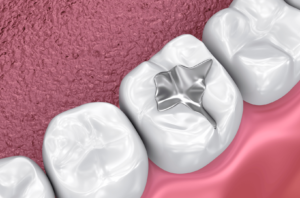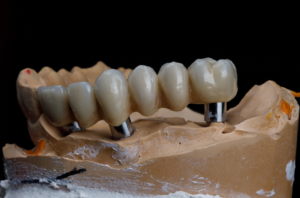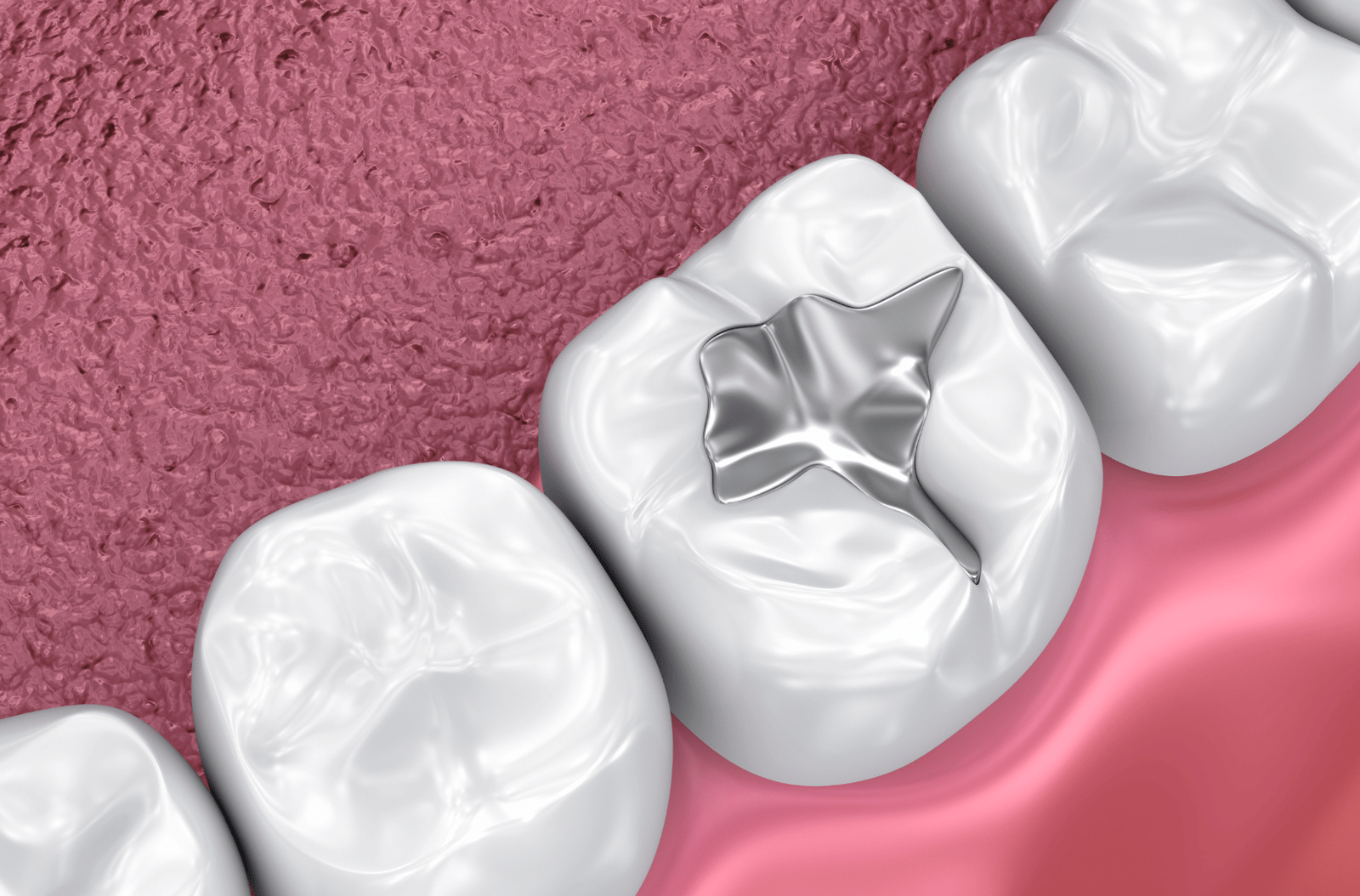If you’ve been experiencing dental issues or have been advised by your dentist to consider dental treatment, you may have encountered the terms “root canal” and “dental implant.” Both are standard dental procedures, but they have different purposes and distinct characteristics. In this comprehensive guide, we will explore the differences between root canals and dental implants to help you make an informed decision about your oral health.
Understanding Root Canals
A root canal is a dental procedure to save a severely damaged or infected tooth. Here’s how it works:
Diagnosis
Your dentist may recommend a root canal when you experience intense tooth pain or have a dental infection. This procedure typically starts with a thorough examination and X-rays to determine the extent of the damage.
Cleaning and Removal
During the root canal procedure, the dentist removes the infected or damaged pulp (the innermost part of the tooth) and cleans the inside of the tooth thoroughly. This process helps eliminate pain and prevents the infection from spreading.
Filling and Sealing
After cleaning, the tooth is filled with a special material and sealed. This prevents further infection and strengthens the tooth’s structure.
Restoration
In most cases, a tooth that undergoes a root canal will require a crown to fully restore its appearance and functionality. The crown is customized to match your natural teeth, ensuring a seamless blend.
Dental Implants: An Overview
On the other hand, dental implants are used when a tooth is irreparably damaged, missing, or needs extraction. Here’s how dental implants work:
Evaluation
Before getting a dental implant, your dentist assesses your oral health and the condition of the affected tooth. If the tooth is beyond repair, an implant may be recommended.
Surgical Placement
The dental implant procedure involves surgically placing a titanium post into the jawbone. This post acts as an artificial tooth root and provides a sturdy foundation for the replacement tooth.
Healing Period
After the implant is placed, a healing period of several months is necessary. During this time, the implant fuses with the jawbone in osseointegration.
Crown Attachment
A custom-made crown is attached once the implant has integrated with the jawbone. This crown functions and looks like a natural tooth.
Key Differences
Now that we’ve outlined the basic procedures let’s delve into the key differences between root canals and dental implants:
Purpose
- Root Canal: It is performed to save a damaged tooth, preserving the natural tooth structure.
- Dental Implant: Used when a tooth is beyond repair or missing and requires a complete replacement.
Invasiveness
- Root Canal: Relatively less invasive than dental implants, as it involves cleaning and sealing the existing tooth.
- Dental Implant: Involves surgery to place an artificial tooth root into the jawbone.
Healing Time
- Root Canal: Typically, the recovery time is shorter, and you can resume normal activities soon after the procedure.
- Dental Implant: Requires a more extended healing period due to osseointegration before the crown can be attached.
Cost
- Root Canal: Generally more cost-effective than dental implants.
- Dental Implant: This can be more expensive due to the surgical procedure and materials like titanium.
Aesthetics
- Root Canal: Preserves the natural appearance of the tooth.
- Dental Implant: Offers a replacement tooth that looks and functions like a natural tooth.
Conclusion
In conclusion, choosing between a root canal and a dental implant depends on your dental condition and goals. If your tooth can be saved, a root canal may be the preferred option, offering a quicker and more budget-friendly solution. However, a dental implant can provide a long-lasting, natural-looking replacement if you have a severely damaged or missing tooth.
Consult with your dentist at Complete Dental Of Newton for personalized advice and treatment options. They can assess your oral health, discuss your preferences, and help you make the best choice for your unique situation. Remember that both procedures have advantages, and the ultimate goal is restoring your smile and oral health.
What is a root canal, and when is it recommended?
A root canal is a dental procedure to save a severely damaged or infected tooth. It is recommended when a tooth’s pulp (the innermost part) becomes infected or damaged due to decay, trauma, or other factors. The procedure involves removing the infected pulp, cleaning the tooth’s interior, and sealing it to prevent further infection.
What is a dental implant, and when is it necessary?
A dental implant is a surgical procedure used to replace a missing tooth or a tooth that cannot be saved. It involves the placement of a titanium post into the jawbone, which acts as an artificial tooth root. Dental implants are necessary when a tooth is beyond repair, missing, or requires extraction due to severe damage or other issues.
Which procedure is less invasive: a root canal or a dental implant?
A root canal is generally less invasive than a dental implant. In a root canal, the focus is on preserving the existing tooth by cleaning and sealing it. In contrast, a dental implant involves surgery to place a titanium post into the jawbone, making it a more invasive procedure.
What is the typical healing time for a root canal vs. a dental implant?
The healing time for a root canal is relatively shorter. Patients can resume normal activities shortly after the procedure, with mild discomfort that subsides quickly. In contrast, a dental implant requires a more extended healing period, often several months, as it involves the osseointegration process, where the implant fuses with the jawbone before the crown can be attached.
Are root canals or dental implants more cost-effective?
Root canals are generally more cost-effective than dental implants. The cost of a root canal is typically lower as it involves preserving the existing tooth. Dental implants can be more expensive due to the surgical procedure, the use of materials like titanium, and the customization of the crown that resembles a natural tooth.
Which option offers a more natural-looking tooth replacement?
Dental implants offer a more natural-looking tooth replacement. Since a dental implant includes a custom-made crown attached to the implant post, it closely mimics the appearance and functionality of a natural tooth. A root canal, on the other hand, preserves the existing tooth but may require a crown for full restoration.
How do I decide between a root canal and a dental implant?
The decision between a root canal and a dental implant depends on your dental condition and goals. A root canal may be recommended if your tooth can be saved and you prefer a quicker and more budget-friendly solution. However, a dental implant is often the preferred choice if you have a severely damaged or missing tooth and desire a long-lasting, natural-looking replacement.
Where can I get personalized advice and treatment options for my dental condition?
It is best to consult with your dentist for personalized advice and treatment options tailored to your unique dental situation. At Complete Dental Of Newton, our experienced dental professionals can assess your oral health, discuss your preferences, and guide you in choosing between a root canal and a dental implant. We prioritize oral health and strive to restore your smile effectively and comfortably.









